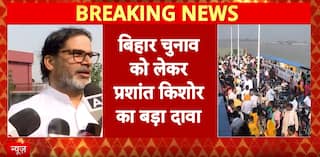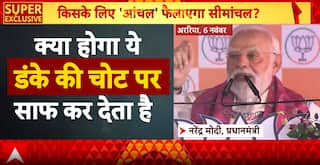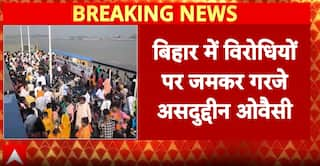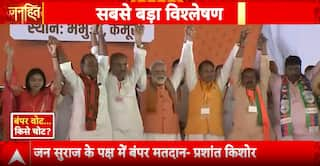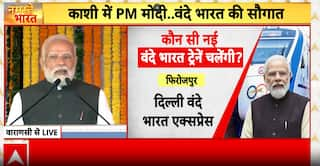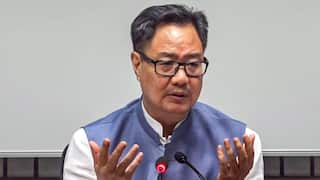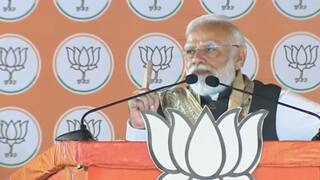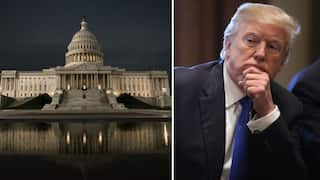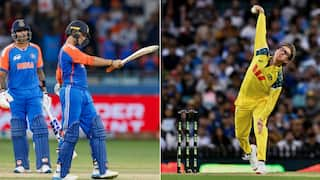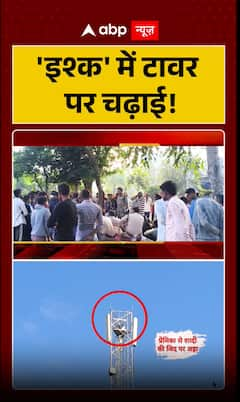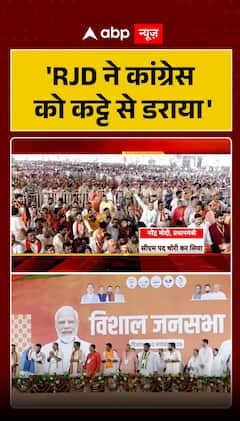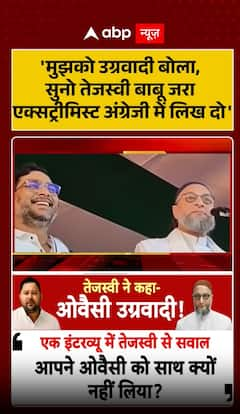SC Upholds Arunachal MLA Karikho Kri's Elections, Overturns Gauhati HC Verdict
The Supreme Court on Tuesday upheld the 2019 election of Independent MLA Karikho Kri from the Tezu Assembly constituency in Arunachal Pradesh.

The Supreme Court on Tuesday upheld the 2019 election of Independent MLA Karikho Kri from the Tezu Assembly constituency in Arunachal Pradesh. The top court today set aside the decision of the Gauhati High Court which declared his election null and void.
Karikho Kri, was elected in 2019 as an independent MLA from the Tezu Assembly constituency.
In 2019, the Itanagar bench of the Gauhati High Court held his election to be void after hearing the election petition filed by Congress candidate Nuney Tayang. Kri was accused of making false declarations in his election nomination paper and for not disclosing in Form 26 of the Conduct of Election Rules, 1961, that he occupied of a government-allotted MLA cottage in Itanagar.
Tayang moved the high court under the Section 90(a)(c) of Representation of the People Act, 1951, seeking a declaration that the election of his rival from the Tezu seat be held void.
Tyang claimed that Kri did not submit “no dues certificates” from the departments concerned regarding rent, electricity, water, and telephone charges.
The high court ruled that Kri did not present his nomination paper in accordance with Section 33 of the Representation of the People Act. And thus, his nomination paper was liable to be rejected under Section 36(2)(b) of the Representation of the People Act. The high court held that acceptance of Kri’s nomination paper was "improper" by the returning officer.
The court in an important development that a voter has no absolute right to know about each and every asset of a candidates in elections and that the candidate has the right to privacy in matters which are irrelevant to their candidature. The top court held that candidates need not disclose each and every moveable property owned by them or their family, unless they are of substantial value or reflect a luxurious lifestyle.
The bench ruled that an electoral candidate need not disclose each and every movable asset owned by himself or his family. The court said that disclosure is necessary only if the property or asset has a substantial impact on his candidature.
Top Headlines












